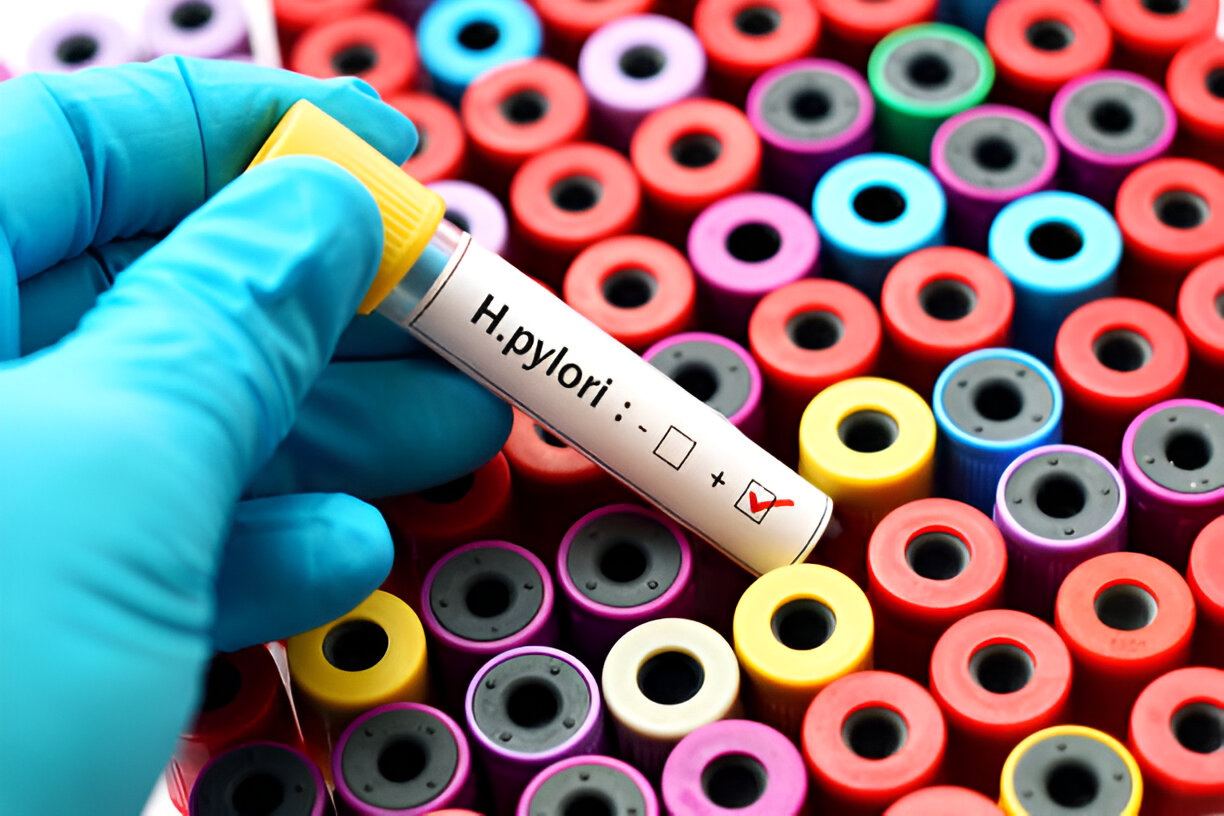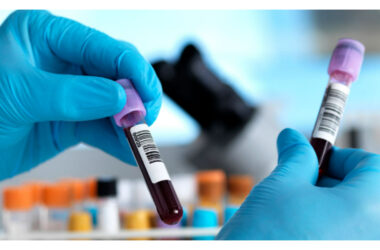Today, many people all over the world are affected by Helicobacter pylori or H-pylori, due to a bacterium. H. pylori is responsible for peptic ulcers that can affect our stomach and create gastritis. Although many more people might be carrying these bacteria, only a few people show their symptoms. Therefore, without adequate tests, it is difficult to detect these bacteria.
Jant Pharmacal Corporation can offer the facility for the H pylori urease test, which can detect this disease symptom among adult patients. These tests can be carried out by using gastric mucosal biopsy tissues. Each kit box from Jant Pharmacal Corporation includes 50 test slides for convenient use in clinical settings.
It is estimated that almost 67% of the world’s population is affected by this issue. Such kind of bacteria can easily flourish in our stomachs or digestive systems. Since this enzyme can neutralize the acids in the stomach, it can survive there very easily. This harm can eventually lead to ulcers and persistent gastritis.
If it is not treated timely, then it may end up with more serious health problems like stomach cancer. This problem can be seen more in underdeveloped countries, where the quality of water and sanitation conditions are poor.
This kind of disease can spread easily through:

- Saliva contact
- Stomach content
Within families, where hygiene standards may be laxer, the bacteria is frequently spread.
Most people do not show any symptom of this problem, and usually 20 per cent of people display a few symptoms like:
- Bloating
- Frequent burping
- Nausea
- Appetite loss
- Stomach pain
- Inadvertent loss of weight.
It is necessary to conduct several tests to confirm whether the patient is really having H. pylori. Sometimes, its symptoms can be confused with gastro-esophageal reflux disease (GERD).
To detect H. pylori, several tests are often conducted, such as stool testing, breath tests, etc. One of the minimum invasive tests to detect this can be by checking the patient’s breathing within a bag after consuming a liquid.
Often, medical professionals recommend testing stools and checking the presence of antigens. During endoscopy, the confirmation check can be done when the patient is in serious condition.
Antibiotics can be used to treat an H. pylori infection once it has been diagnosed. In order to decrease the production of stomach acid, doctors usually prescribe a proton pump inhibitor (PPI) in addition to antibiotics. Bismuth subsalicylate may occasionally be used as well to assist shield the stomach lining. In order to guarantee that the germs are completely eliminated, it is crucial to finish the entire course of treatment, which often lasts for 14 days.
If left untreated, H. pylori infections can cause severe side effects such ulcers, bleeding, and occasionally stomach cancer. Maintaining proper hygiene, such as frequent hand washing and making sure food and water are safe, is crucial to lowering the risk of infection. To avoid consequences from an H. pylori infection, it’s critical to see a healthcare professional for appropriate testing and diagnosis if you have ongoing digestive symptoms.
















